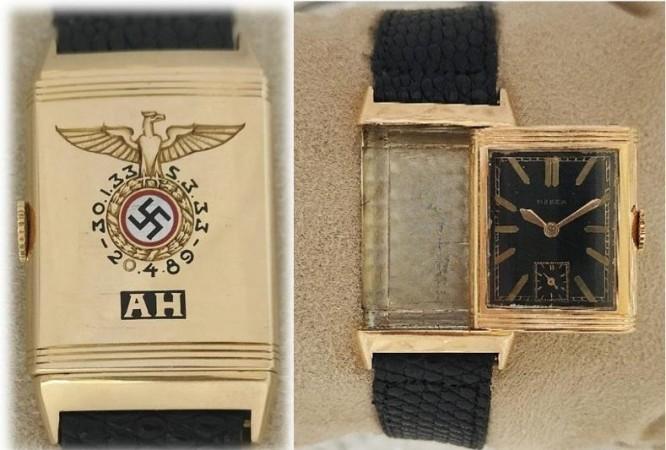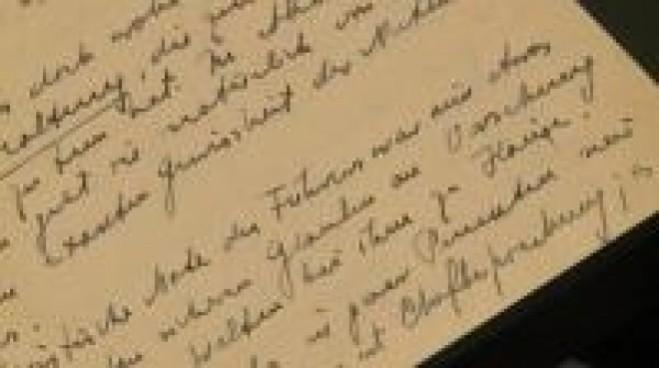A watch said to have belonged to Nazi dictator Adolf Hitler sold for a whopping $1.1 million at an auction in the US despite apprehension by members of the Jewish community, a media report said.
The timepiece made by German watch firm Huber, which has a swastika and the initials AH engraved on it, was sold to an anonymous bidder at the Alexander Historical Auctions in Maryland, according to the BBC.
The auction house which which deals with historic autographs, documents, and photographs, militaria from all conflicts, and important relics, says the watch was given to Hitler most likely on April 20, 1933, on his 44th birthday when he became the Chancellor of Germany.

"The watch and its history have been researched by some of the world's most experienced and respected watchmakers and military historians, all of whom have concluded that it is authentic and indeed belonged to Adolf Hitler," the auctioneer said in its product catalogue.
It also said that watch was taken as a war souvenir when a group of some 30 French soldiers stormed the Berghof, Hitler's mountain retreat on May 4, 1945.
Among the members of the group was Sergeant Robert Mignot, who returned to France with the watch, resold the timepiece it over to his cousin, according to the auction house.
The watch has remained in the exclusive possession of the Mignot family and has never been offered for sale before, it added.
But an open letter signed by 34 Jewish leaders described the sale as "abhorrent" and called on the Nazi items to be pulled from the auction, which also included a dress that belonged to Hitler's wife Eva Braun, autographed pictures of Nazi officials and a yellow cloth Star of David imprinted with the word "Jude", which is German for Jew.

Rabbi Menachem Margolin, chairman of the European Jewish Association said the transaction gave "succour to those who idealise what the Nazi party stood for".
Speaking to German media before the sale, Alexander Historical Auctions' Senior Vice President Mindy Greenstein said that its aim was to preserve history, and that most sold items are kept in private collections or donated to Holocaust museums.
"Whether good or bad history, it must be preserved," the BBC quoted her as saying to Deutsche Welle.
"If you destroy history, there is no proof that it happened".

















